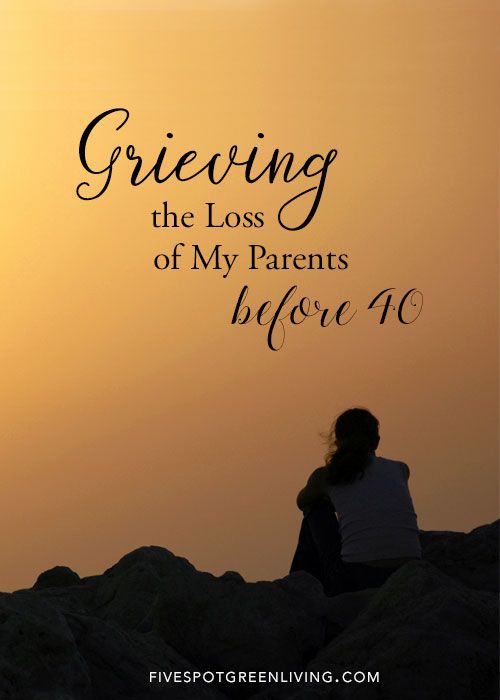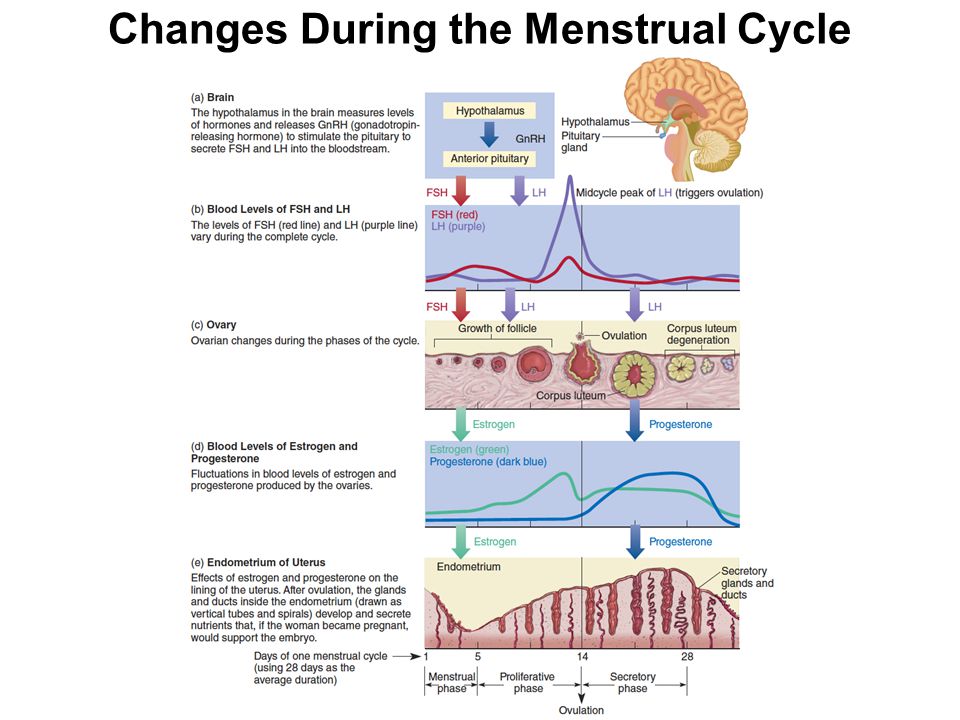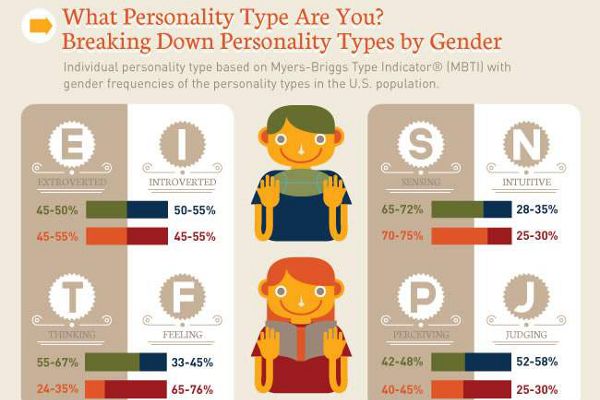The loss of a parent
10 Tips for Handling the Grief
The finality of death can feel almost unbelievable, particularly when it strikes a parent, someone whose presence in your life may have never wavered.
You finished growing up and successfully reached adulthood, but you still needed (and expected to have) your parents for years to come.
The loss of their support, guidance, and love can leave a vast emptiness and pain that might seem impossible to heal, even if their death was expected.
Or, maybe you and your parent were estranged or had a complicated relationship, resulting in a roller coaster of conflicting emotions.
Yet the world at large may expect you to recover from your grief fairly quickly — after the prescribed 3 days of bereavement leave, perhaps padded with a few extra days of personal time — and get back to business.
There’s no right or wrong way to grieve the loss of a parent, but these strategies can offer a starting place as you begin to acknowledge your loss.
Sadness is common after the loss of a parent, but it’s also normal for other feelings to take over. You may not feel sad, and that’s OK, too. Perhaps you only feel numb, or relieved they’re no longer in pain.
Grief opens the gate to a flood of complicated, often conflicting emotions. Your relationship with your parent might have had plenty of challenges, but it still represented an important key to your identity.
They created you, or adopted and chose to raise you, and became your first anchor in the world.
After such a significant loss, it’s only natural to struggle or experience difficulties coming to terms with your distress.
You might experience:
- anger or frustration
- guilt, perhaps for not contacting them frequently or not being present for their death
- shock and emotional numbness
- confusion, disbelief, or a sense of unreality
- hopelessness or despair
- physical pain
- mental health symptoms, including depression or thoughts of suicide
- relief that they’re no longer in pain
No matter how the loss hits you, remember this: Your feelings are valid, even if they don’t line up with what others think you “should” feel.
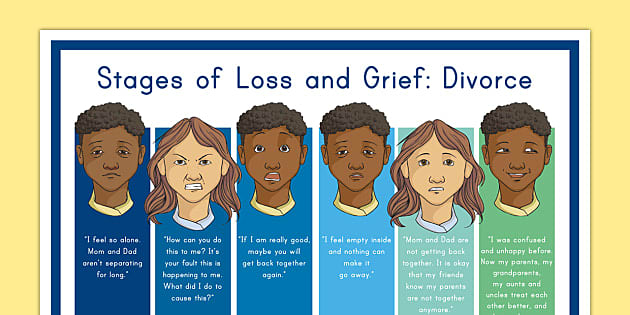
People react to grief in different ways, but it’s important to let yourself feel all of your feelings.
There’s no single right way to grieve, no set amount of time after which you can automatically expect to feel better, no stages or steps to check off a list. This in itself can be difficult to accept.
Denying your feelings may seem like a route toward faster healing. You might also get the message that others expect you to bury your grief and move on before you’ve come to terms with your loss.
Remind yourself grief is a difficult process as well as a painful one. Try to not let the opinions of others sway you.
Some people work through grief in a short time and move forward with the remnants of their sadness safely tucked away. Others need more time and support, no matter how expected the death was.
If your parent passed after a long illness, you may have had more time to prepare, but no amount of preparation makes your grief any less significant when it hits. You might still feel stunned and disbelieving, especially if you held out hope for their recovery to the very end.
You might still feel stunned and disbelieving, especially if you held out hope for their recovery to the very end.
The unexpected death of a parent still in middle age, on the other hand, may force you to confront your own mortality, a battle that can also complicate grief.
As you navigate the days, weeks and months following the loss of a parent, you may experience a variety of emotions and feelings. These may also change over time.
Some people may go through what is referred to as the five stages of grief. These include:
- Stage one: denial. This can feel like being in a state of shock or confusion surrounding the death of a parent. A person in this stage may feel the need to keep busy all the time, or do what they can to avoid dealing with the issue.
- Stage two: anger. A person in this stage may feel frustration, rage or even resentment. They may display behaviors that are irritable, sarcastic or pessimistic. They may also get into arguments or turn to alcohol or drugs.
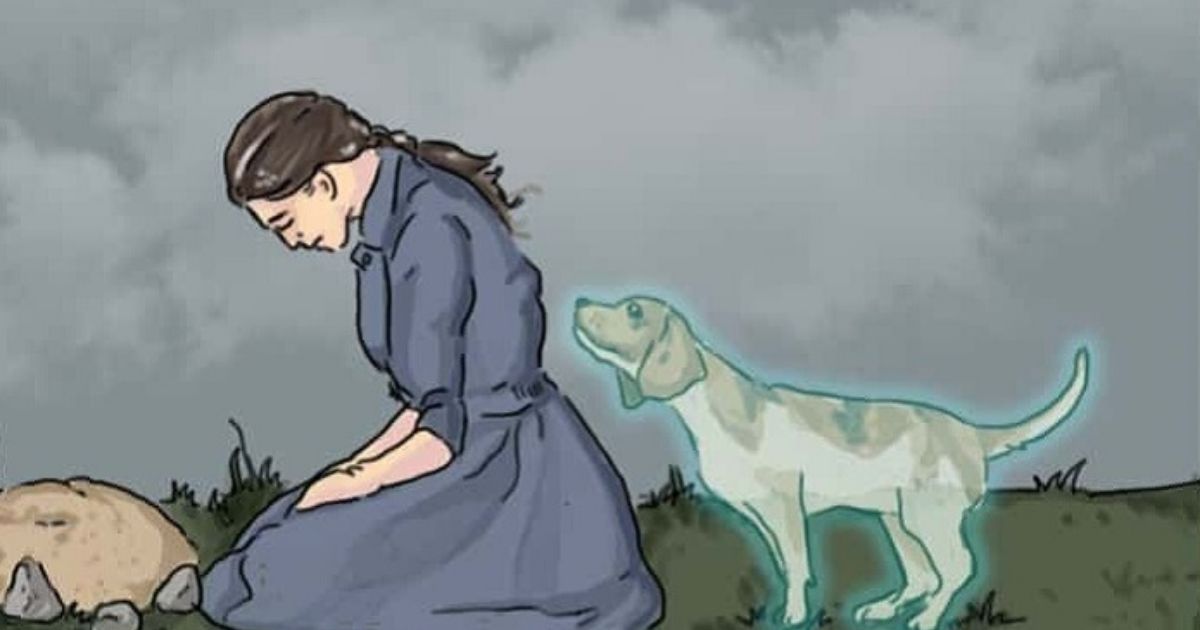
- Stage three: bargaining. A person in the bargaining phase of grief may have feelings of shame, guilt, blame or insecurity. They may ruminate on matters of the past or worry about the future. They may judge themselves or others, overthink and worry.
- Stage four: depression. During this stage, people may feel hopeless, sad, disappointed and overwhelmed. They may experience changes to their sleep or appetite, have a lack of interest in social activities and have reduced energy.
- Stage five: acceptance. People in the final stage of grief may feel a sense of self-compassion, courage, pride and even wisdom. They may accept reality for what it is, be present in the moment as it happens and be able to adapt and cope with the situation.
Grief often has a significant impact on daily life:
- Your state of mind might change rapidly, without warning.
- You might notice sleep problems, more or less of an appetite, irritability, poor concentration, or increased alcohol or substance use.

- You might find it tough to work, take care of household tasks, or see to your own basic needs.
- The need to wrap up your parent’s affairs may leave you overwhelmed, particularly if you have to handle this task alone.
Some people find comfort in the distraction of work, but try to avoid forcing yourself to return before you feel ready, if possible. People often throw themselves into work, taking on more than they can comfortably handle to avoid scaling the ever-present wall of painful emotions.
Finding a balance is key. Some distraction can be healthy, provided you still make time to address your feelings.
It might seem difficult, even inconsiderate, to dedicate time to self-care, but prioritizing your health becomes even more important as you recover from your loss.
Keep these tips in mind:
- Get enough sleep. Set aside 7 to 9 hours each night for sleep.
- Avoid skipping meals.
 If you don’t feel hungry, choose nutritious snacks and small meals of mood-boosting foods.
If you don’t feel hungry, choose nutritious snacks and small meals of mood-boosting foods. - Hydrate. Drink plenty of water.
- Keep moving. Stay active to energize yourself and help raise your spirits. Even a daily walk can help.
- Aim for moderation. If you drink alcohol, try to stay within recommended guidelines. It’s understandable to want to numb your pain, but increased alcohol use can have health consequences.
- Reset. Rest and recharge with fulfilling hobbies, such as gardening, reading, art, or music.
- Be mindful. Meditating or keeping a grief journal can help you process emotions.
- Speak up. Talk to your healthcare provider about any new physical or mental health symptoms. Reach out to friends and other loved ones for support.
Talking to family members and other loved ones about what your parent meant to you and sharing stories can help keep their memory alive.
If you have children, you might tell stories about their grandparent or carry on family traditions that were important in your childhood.
It might feel painful at first to reminisce, but you may find that your grief begins to ease as the stories start flowing.
If you feel unable to openly talk about your parent for the moment, it can also help to collect photographs of special times or write them a letter expressing your grief about their passing.
Not everyone has positive memories of their parents, of course. And people often avoid sharing negative memories about people who’ve passed. If they abused, neglected, or hurt you in any way, you may wonder whether there’s any point to dredging up that old pain.
If you’ve never discussed or processed what happened, however, you might find it even harder to heal and move forward after their death. Opening up to a therapist or someone else you trust can help lighten the load.
Many people find that specific actions can help honor a deceased parent and offer a measure of comfort.
You might consider:
- creating a small home memorial with photos and mementos
- planting their favorite tree or flower in your backyard
- adopting their pet or plants
- continuing work they found meaningful, like volunteering or other community service
- donating to their preferred charity or organization
Upon hearing the news that an estranged parent has passed away, you might feel lost, numb, angry, or surprised by your grief. You might even feel cheated of the opportunity to address past trauma or unresolved hurt.
Life doesn’t always give us the answers we seek or the solutions we crave. Sometimes you just have to accept inadequate conclusions, however unfinished or painful they feel.
Knowing you can no longer address the past might leave you feeling as if you’re doomed to carry that hurt forever.
Instead of clutching tight to any lingering bitterness, try viewing this as an opportunity to let go of the past and move forward — for your sake.

Some things are truly difficult to forgive, but harboring resentment only harms you, since there’s no one left to receive it.
A letter can help you express things previously left unsaid and take the first steps toward processing the painful and complex feelings left after their death. Working with a therapist can also help you begin to heal the pain of the past.
Friends and loved ones may not know exactly what to say if they haven’t faced the same type of loss, but their presence can still help you feel less alone.
It’s normal to need time to mourn privately, but at the same time, completely isolating yourself generally doesn’t help. The companionship and support of those closest to you can help keep you from being overwhelmed by your loss.
Beyond providing a supportive presence, friends can also help out with meals, child care, or handling errands.
Just be sure to let others know what you need.
If you want to talk about your parent, you might ask if they’re able to listen. If you’d like a break from thinking about their death, you might ask them to join you in a distracting activity, whether that’s playing a game, watching a movie, or working on a project around the house.
If you’d like a break from thinking about their death, you might ask them to join you in a distracting activity, whether that’s playing a game, watching a movie, or working on a project around the house.
You might notice family relationships begin to change after your parent’s death.
Your remaining parent, if still living, may now look to you and your siblings for support. Your siblings, if you have any, are facing the same loss. Their unique relationship with your parent can mean they experience the loss differently than you do, too.
It’s not unusual for siblings to experience conflict or slowly drift apart, particularly if you disagreed over your parent’s end-of-life care.
Yet family bonds can provide comfort during grief. You’ve experienced the same loss, even though that person meant something different to each of you.
If you cherish your family relationships, make an effort to strengthen those bonds and draw closer together.
This might mean reaching out more often than in the past or inviting them more regularly to visit and participate in family gatherings.
It can also mean listening with empathy when a sibling who had a difficult relationship with your parent now finds it hard to come to terms with their conflicting emotions.
Friends and loved ones may offer comfort, but a grief support group can fulfill a different kind of social need by connecting you to others who have experienced similar losses.
It’s not uncommon to feel irritated or frustrated when people in your life who haven’t experienced loss attempt to console you or express messages of concern.
No matter how kind or well intentioned their words are, they simply don’t understand what you’re going through.
In a support group, you can find a shared understanding, along with validation of the emotions you feel unable to express to anyone else.
There’s no shame in needing extra support as you begin processing your parent’s death. In fact, many counselors specialize in providing grief support.
A therapist can offer validation and guidance as you begin working through the complex emotions that tend to accompany grief. Grief counselors can also teach coping strategies you can use as you begin adjusting to life without your parent.
Grief counselors can also teach coping strategies you can use as you begin adjusting to life without your parent.
Therapy also offers a safe space to unpack any guilt, anger, resentment, or other lingering emotions around a deceased parent’s toxic or hurtful behavior, and to achieve some level of closure.
If you want to forgive your parent but feel unsure how to begin, a therapist can provide compassionate support.
Our guide to finding affordable therapy can help you get started.
Grief is a complex process that can take time.
Everyone will experience their own journey of grief differently. Some people may take longer than others to fully grieve the loss of a person.
Feelings of grief may come and go, with the intensity of grief going up and down at various times. This can sometimes may it hard to feel you have made any progress with your grief.
It is possible you may feel better for a period of time, only to have feelings of grief return. This is normal.
This is normal.
Some people may find grief is worse around the holidays or other significant dates.
The pain associated with grief may lessen over time, but it is still possible to feel emotionally connected to a person who has died for years.
Grief after a parent’s death can drain you and leave you reeling, no matter what kind of relationship you had.
Remember, grieving is a normal, healthy process, one that looks different for everyone. Treat yourself with kindness and compassion, embracing patience as you take the time you need to work through your loss.
Crystal Raypole has previously worked as a writer and editor for GoodTherapy. Her fields of interest include Asian languages and literature, Japanese translation, cooking, natural sciences, sex positivity, and mental health. In particular, she’s committed to helping decrease stigma around mental health issues.
Losing a Parent: 8 Tips for Grieving
For many, a parent’s death may be one of our most profound losses.
Saying goodbye to a parent is a life-changing experience, marking the end of a bond we’ve known for our entire lives, explains Heidi Horsley, PsyD, executive director and cofounder of the Open to Hope Foundation, a nonprofit organization that supports people experiencing grief and loss.
Until it happens, we don’t know what our lives are like without our parents, she says. “To have them gone can be traumatic, whether it’s sudden or expected.”
Our biological parents give us life, and the parents who raise us (whether biological or not) shape our lives in really big ways, adds Alexandra Kennedy, a Santa Cruz, California–based licensed marriage and family therapist and author of several books on grief, including Honoring Grief, and Losing a Parent. “They’re with us from day one, forming the foundation of our identity.”
Research backs this up. Survey data, for example, shows people continue to report trouble sleeping, concentrating at work, getting along with people, and a strong emotional response one to five years after losing a parent.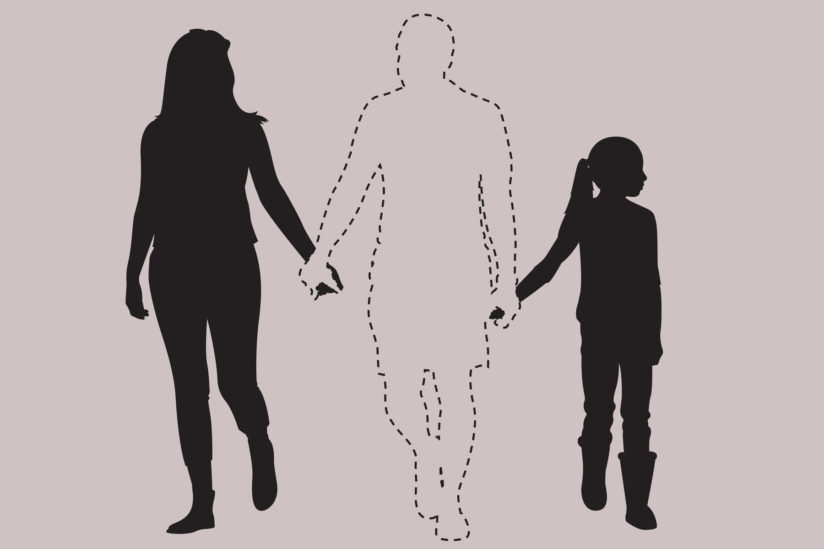 Other research suggests losing a parent puts someone at a higher risk of numerous negative mental and physical health outcomes, including higher likelihood of binge drinking, self-esteem issues, and overall decline in happiness.
Other research suggests losing a parent puts someone at a higher risk of numerous negative mental and physical health outcomes, including higher likelihood of binge drinking, self-esteem issues, and overall decline in happiness.
Losing a parent doesn’t mean you’ll experience these things, but the research underscores how challenging it is to cope with a parent’s death, and that we may be more vulnerable to some of these negative health outcomes when it happens.
This evidence also reinforces that parents often play critical roles in our self-confidence and sense of purpose throughout our lives, and struggling with this type of loss is to be expected, Kennedy says.
Remember that the grieving process is very individual, Dr. Horsley adds. “There is no ‘right’ way to grieve that applies to everyone,” she says. “But there are things you can do to help you along the process.”
If you’ve lost a parent, here are some of the things that might help you cope:
1. Recognize Grief Shows Up as Many Different Emotions
Recognize Grief Shows Up as Many Different EmotionsLearn about how grief works so you can work with it instead of resisting it, says Lisa De Sieno, a licensed professional counselor and director of bereavement services at Mayo Clinic in Eau Claire, Wisconsin.
De Sieno says you may encounter feelings like:
- Disbelief
- Sadness
- Yearning
- Numbness
- Frustration
- Anxiety
- An inability to focus
Some people’s natural response to grief is to suppress the difficult emotions that come up with it. This may be in an effort to “stay strong”; in other cases, people may feel the need to turn to work, drinking, or other distractions. But ultimately if you are never giving yourself space to feel, this approach won’t actually help you cope with and work through what you’re feeling, says Carla Marie Manly, PsyD, a clinical psychologist based in Sonoma County, California.
What’s more, suppressing feelings or compartmentalizing them can cause your unaddressed feelings to bubble up in outbursts or to leave you closed off emotionally to the people around you.
Allowing yourself to grieve (to face your pain) activates healing within your body, Kennedy says. It’s okay to use distraction and other methods to get you through parts of your day, but doing so all the time can be unhealthy. Allowing yourself to feel your emotions forces you to find ways to cope with and live with your grief. It makes you emotionally stronger.
3. Establish a Support SystemWhether you’re leaning on family members, friends, group therapy, or a bereavement counselor, turn to your support system, Kennedy says. Research suggests turning to a relative or close friend who also lost a parent can be beneficial. Other research finds that for both young adults and middle-aged adults who lose a parent, counseling and support from loved ones helps.
Choose confidantes who can provide you with the listening ear that you need, De Sieno says. Talking it out can help you with processing your emotions, she says.
4. Write Your Parent a LetterWhen someone you know passes away, there’s always a chance that there’s something you didn’t get to tell or resolve with that person. Some people are devastated that a parent didn’t share family recipes, others mourn unresolved arguments or conversations that never took place, and others feel sad that a parent missed a graduation or wedding or other special event.
Try writing a letter to your parent, Kennedy says. Focus on what you didn’t get to tell your parent, what you want to thank them for, what you regret, and what you hope to carry on as part of their legacy. “Understand it won’t be sent but it’s for you to process and unload what you’re holding inside. It’s amazing how people have healed by writing that letter,” Kennedy says.
5. Allow Yourself to Grieve in Small Doses (and Keep Doing So as Needed)Kennedy, whose father, Charles, died from cancer in 1988, says that a common misconception about grief is that you get through it and it’s over. Oftentimes people expect that once they do the work to clear out someone’s house and get rid of someone’s possessions, after a certain amount of time, you’ll just heal. Grief is rarely that straightforward. For profound losses, grief never completely goes away and it can take a long time to learn to live with that grief.
Oftentimes people expect that once they do the work to clear out someone’s house and get rid of someone’s possessions, after a certain amount of time, you’ll just heal. Grief is rarely that straightforward. For profound losses, grief never completely goes away and it can take a long time to learn to live with that grief.
Kennedy recommends designating small amounts of time for grief to start to learn how to cope with it. Give yourself 20 minutes everyday to grieve alone in a safe space, Kennedy says. Mourn, cry, allow yourself to feel your grief fully without holding back, and then try to move about your day as you otherwise would, doing your job, schoolwork, or taking care of home or other responsibilities. “It needs our attention for small periods of time, so our nervous system doesn’t get overwhelmed,” Kennedy says.
If you don’t feel safe grieving alone because you fear it will be overwhelming, consider including a friend or family member, or reaching out to a counselor or therapist to help create a safe space.
The first year without your parent around for holidays like Christmas, Mother’s Day, and Father’s Day, may hurt, De Sieno says. Some families may even find the second year just as raw. Planning ahead for these key dates can make a difference.
Horsley, whose father died in October 2020, suggests starting a tradition or a family ritual that could be as simple as lighting a candle, making a toast, or preparing your parent’s favorite meal to share with the family to remember that person on an occasion you know they’ll be missed at. On her father’s birthday, she invites her family and friends over to share a funny story or memory they have of her father. This tradition helped the group learn more about Horsley’s father — even the quirky, minute details they previously knew nothing about.
7. Pick a Way to Keep Your Parent in Your LifeSome families keep photos and mementos of their parent around the home to keep their memory fresh in their daily lives, De Sieno says.
When Manly’s mother died, her husband planted a redwood tree in their backyard in her honor. “Every time I see that redwood tree, it reminds me of her,” Manly says. One of her clients uses her mom’s vintage aprons anytime she’s baking in the kitchen.
You could also:
- Plant your parent’s favorite flowers in your garden.
- Continue in hobbies and work your parent found meaningful, like volunteering, sewing, fishing, or community service.
- Donate to your parent’s favorite cause.
- Watch and read your parent’s favorite books or movies.
These actions can be comforting and they’re a way to honor your loss, Manly says.
8. Find Meaning in Your LossLosing her father and her brother is what inspired Horsley to start the Open to Hope Foundation, which is dedicated to helping others find meaning and purpose following their loss. She says helping others cope with their pain and heal from their grief is precisely what her father would have wanted her to do.
For Kennedy, her father’s death is what encouraged her to study grief and provide bereavement counseling for decades afterwards. “Whenever I do a talk, or teach a class, I feel my father there.”
Try to find meaning from your loss, too. Recognize when you are completing a tradition your parent started or living out a lesson they passed on to you. It’s a way for you to reconnect with the parent you’ve lost and find meaning in that loss, she says. But don’t force it, she adds — let these moments come to you naturally.
“Yes, you’ve lost your parent, but they are still very much alive in you,” she says.
When Should You Seek Help for Coping With Grief Over Losing a Parent?There’s no such thing as normal grief; and there’s no set amount of time you should consider it normal to grieve for. It’s important to anticipate having good days and bad days when you’ve experienced a loss, Manly says.
But if grief continues to interfere with your day-to-day functioning severely and for a long time, it’s important to know that there are resources available to help you cope. If you’re dealing with the following concerns for longer than a month to six weeks, it may be time to seek out bereavement therapy, group therapy, or one-on-one counseling with a therapist, Manly and Horsley suggest:
- You can’t stop crying or refuse to get out of bed.
- You’re having trouble keeping up with your responsibilities at work, school or home.
- You have trouble sleeping or are sleeping too much.
- You have little interest in food or you’re binge eating.
- You have a hard time making decisions.
- You’re blaming yourself for their death.
- You’re in constant disbelief that your parent died.
- You’re feeling alone, detached from others, or distrustful of others since their death.
- You’re feeling like life is meaningless or empty without the loved one.
- You have a loss of identity or purpose in life.
The Latest in Grief
Should You Pull the Plug on Social Media? Weighing the Pros and Cons
Tom Holland, Selena Gomez, and Chrissy Tiegen took a break.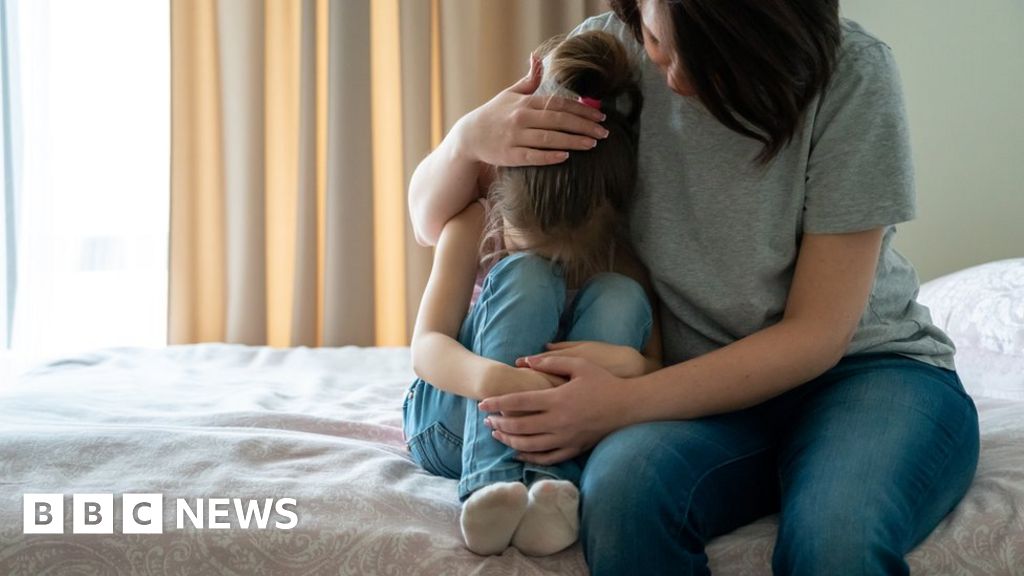 Here’s what you should know about whether, when, and how a digital detox can be good for you...
Here’s what you should know about whether, when, and how a digital detox can be good for you...
By Becky Upham
All About Kindness: Definition, Health Benefits, and How to Be a Kinder Person
By Michele Lent HirschGrief in Children: How to Help Kids Cope With Loss
Parents, caregivers, and other concerned adults can help young people understand and get through challenging times.
By Michele Lent Hirsch
What Is Ambiguous Loss and How to Cope With It?
Pauline Boss, the researcher who coined the term, explains why loss without clear documentation of its permanence is so difficult to manage. Plus, she...
By Michele Lent Hirsch
Talking Grief: ‘It Birthed Purpose in Me’
Nicole Alston lost her baby girl in 2005. It led her to a career focused on supporting other bereaved mothers and families.
It led her to a career focused on supporting other bereaved mothers and families.
By Monée Fields-White
Talking Grief: ‘We Need to Allow More Space to Feel Our Emotions’
Robert Pycior was 8 years old when his father was killed on 9/11. He says he wishes someone had told him sooner that it’s okay to grieve and be vulnerable...
By Cheryl Platzman Weinstock
What’s the Difference Between Eco-Anxiety and Ecological Grief?
By Markham HeidAll About Grief: What Causes It, How to Cope With It, and When to Get Help
By Markham HeidWhat Is Complicated Grief — and When Is It Prolonged Grief Disorder?
By Markham HeidHow to Cope With Loss: Tips for Healthy Grieving
By Markham HeidArticle 9.
 Conditions for the appointment of a labor pension in case of loss of a breadwinner \ ConsultantPlus
Conditions for the appointment of a labor pension in case of loss of a breadwinner \ ConsultantPlus In accordance with the Federal Law of December 28, 2013 N 400-FZ, this document does not apply from January 1, 2015, with the exception of the rules governing the calculation of the amount of labor pensions and subject to application for the purpose of determining the amount of insurance pensions in the part that does not contradict the specified Federal Law.
Article 9. Conditions for granting a labor pension in case of loss of a breadwinner
1. Disabled members of the family of the deceased breadwinner who were his dependents (with the exception of persons who committed an intentional criminally punishable act that resulted in the death of the breadwinner and established in court) have the right to a labor pension in the event of the loss of a breadwinner. One of the parents, spouse or other family members specified in subparagraph 2 of paragraph 2 of this article shall be granted the said pension regardless of whether or not they were dependent on the deceased breadwinner.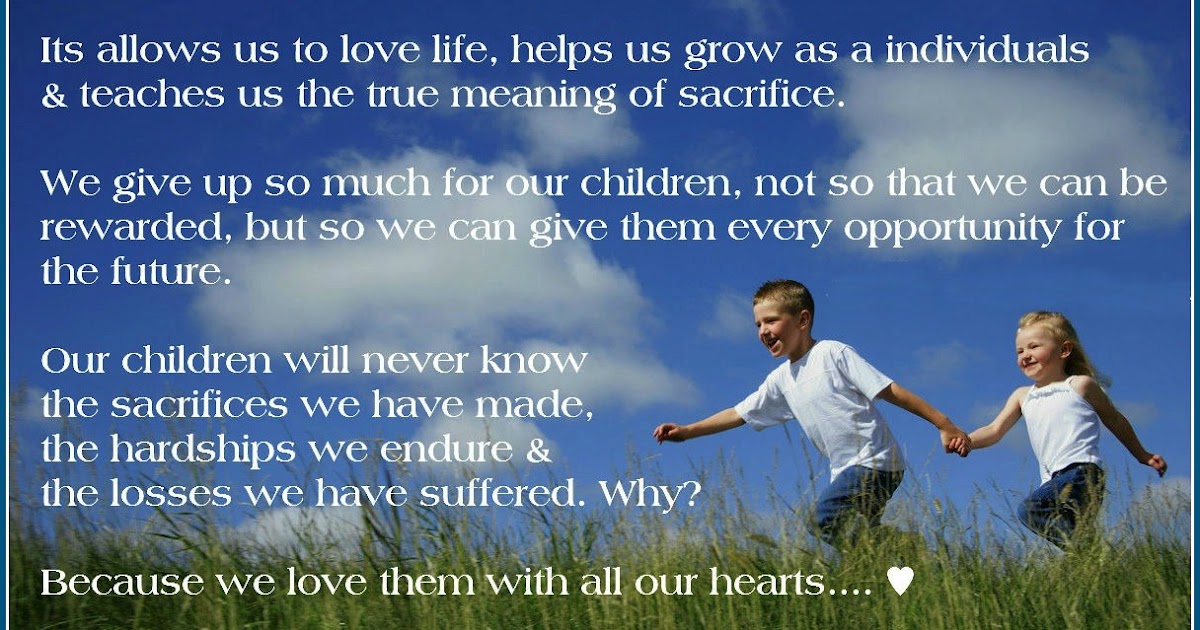 The family of the missing breadwinner is equated to the family of the deceased breadwinner, if the missing breadwinner is certified in the prescribed manner. nine0003
The family of the missing breadwinner is equated to the family of the deceased breadwinner, if the missing breadwinner is certified in the prescribed manner. nine0003
(as amended by Federal Law No. 213-FZ of July 24, 2009)
(see the text in the previous edition)
the breadwinner under the age of 18, as well as children, brothers, sisters and grandchildren of the deceased breadwinner who are studying full-time in basic educational programs in organizations engaged in educational activities, including in foreign organizations located outside the territory of the Russian Federation, if the direction for training was made in accordance with the international treaties of the Russian Federation, until they complete such training, but not longer than until they reach the age of 23 or the children, brothers, sisters and grandchildren of the deceased breadwinner are older than this age, if they become disabled people. At the same time, brothers, sisters and grandchildren of the deceased breadwinner are recognized as disabled members of the family, provided that they do not have able-bodied parents; nine0003
(as amended by Federal Laws N 213-FZ of 24.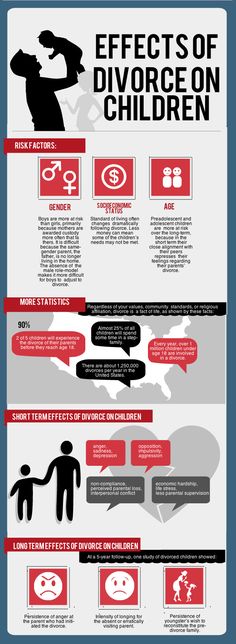 07.2009, N 185-FZ of 02.07.2013)
07.2009, N 185-FZ of 02.07.2013)
(see the text in the previous edition)
2) one of the parents or spouse or grandfather, grandmother of the deceased the breadwinner, regardless of age and ability to work, as well as the brother, sister or child of the deceased breadwinner who has reached the age of 18 if they are caring for the children, brothers, sisters or grandchildren of the deceased breadwinner who have not reached the age of 14 and are entitled to a labor pension in case of loss the breadwinner in accordance with subparagraph 1 of this paragraph, and do not work; nine0003
3) the parents and spouse of the deceased breadwinner, if they have reached the age of 60 and 55 years (men and women, respectively) or are disabled;
(as amended by Federal Law No. 213-FZ of July 24, 2009)
(see the text in the previous edition)
) or are disabled, in the absence of persons who, in accordance with the legislation of the Russian Federation, are obliged to support them.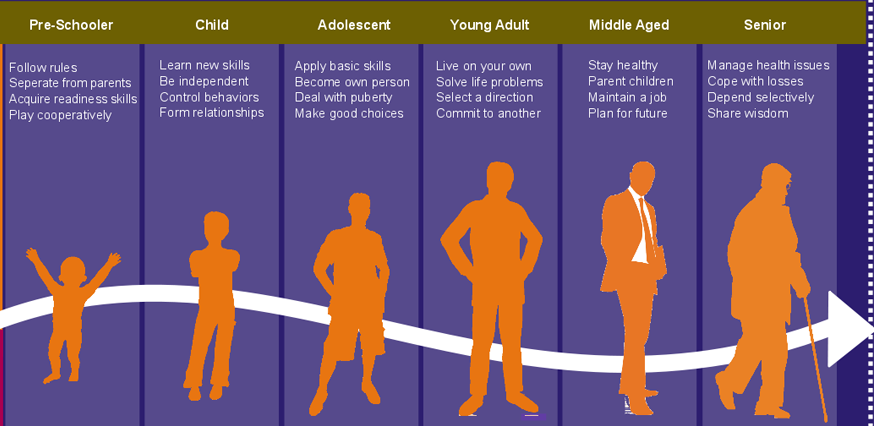 nine0003
nine0003
(as amended by Federal Law No. 213-FZ of July 24, 2009)
(see the text in the previous edition)
from him help, which was for them a constant and main source of livelihood.
4. Dependence of children of deceased parents is assumed and does not require proof, with the exception of these children, who are declared in accordance with the legislation of the Russian Federation as fully capable or who have reached the age of 18 years. nine0003
5. Disabled parents and the spouse of a deceased breadwinner, who were not dependent on him, are entitled to a survivor's pension if they, regardless of the time that has passed since his death, have lost their source of livelihood.
6. Family members of the deceased breadwinner, for whom his assistance was a permanent and main source of livelihood, but who received a pension themselves, have the right to transfer to the labor pension in case of loss of the breadwinner. nine0003
7. The labor pension in case of loss of the breadwinner-spouse is maintained upon entering into a new marriage.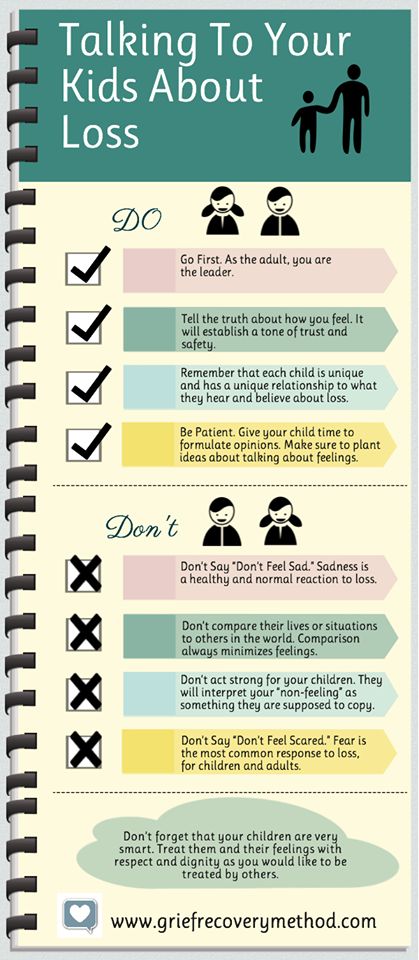
8. Adoptive parents have the right to a labor pension in case of loss of a breadwinner on an equal basis with their parents, and adopted children - on an equal basis with their own children. Minor children who are entitled to a survivor's pension shall retain this right upon adoption.
9. A stepfather and stepmother are entitled to a survivor's pension on an equal footing with a father and mother, provided that they raised and supported the deceased stepson or stepdaughter for at least five years. A stepson and stepdaughter are entitled to a survivor's pension on an equal footing with their own children if they were raised and supported by a deceased stepfather or stepmother, which is confirmed in the manner determined by the Government of the Russian Federation. nine0003
10. A survivor's pension is established regardless of the duration of the insurance period of the breadwinner, as well as the cause and time of his death, except for the cases provided for in paragraph 11 of this article.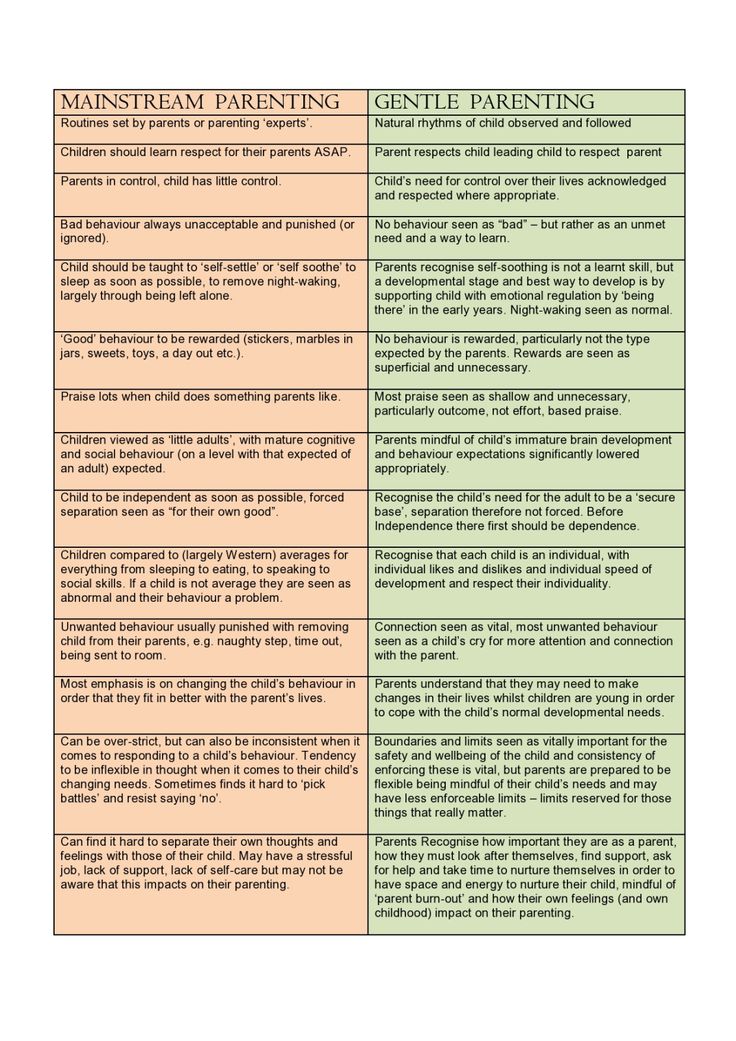
11. If the deceased insured person has no insurance record, and also if the person commits an intentionally punishable act that resulted in the death of the breadwinner and is established in court, a social pension for the loss of the breadwinner is established in accordance with the Federal Law "On state pension provision in the Russian Federation". In this case, paragraph 12 of this article shall apply. nine0003
(clause 11 as amended by Federal Law No. 213-FZ of 24.07.2009)
(see the text in the previous edition)
old age or until the size of this part of the specified pension is adjusted taking into account additional pension savings, the funds recorded in the special part of his individual personal account (with the exception of the funds (part of the funds) of the maternity (family) capital, aimed at forming the funded part of the labor pension, and income from their investments) are paid in accordance with the established procedure to the persons specified in paragraph 12 of Article 16 of this Federal Law.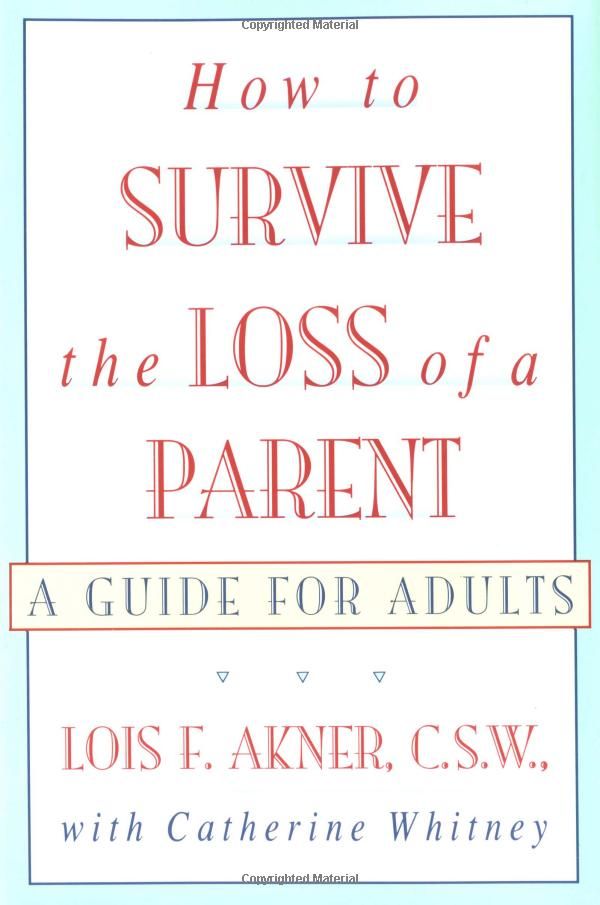 At the same time, the insured person shall have the right at any time, by submitting an appropriate application to the Pension Fund of the Russian Federation, to determine specific persons from among those indicated in paragraph 12 of Article 16 of this Federal Law or from among other persons to whom such payment may be made, and also to establish in which shares, the funds indicated above should be distributed among them. The specified application may be submitted in the form of an electronic document, the procedure for issuing which is determined by the Government of the Russian Federation and which is transmitted using public information and telecommunication networks, including the Internet, including a single portal of state and municipal services. In the absence of this application, the funds recorded in the special part of the individual personal account, payable to the relatives of the insured person, are distributed among them in equal shares. nine0003
At the same time, the insured person shall have the right at any time, by submitting an appropriate application to the Pension Fund of the Russian Federation, to determine specific persons from among those indicated in paragraph 12 of Article 16 of this Federal Law or from among other persons to whom such payment may be made, and also to establish in which shares, the funds indicated above should be distributed among them. The specified application may be submitted in the form of an electronic document, the procedure for issuing which is determined by the Government of the Russian Federation and which is transmitted using public information and telecommunication networks, including the Internet, including a single portal of state and municipal services. In the absence of this application, the funds recorded in the special part of the individual personal account, payable to the relatives of the insured person, are distributed among them in equal shares. nine0003
(as amended by Federal Laws N 213-FZ of 24.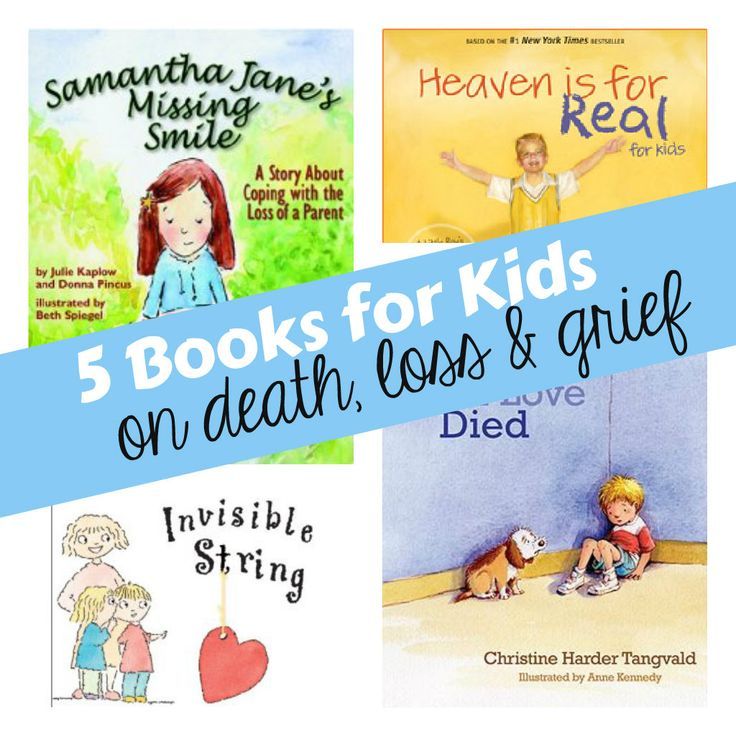 07.2009, N 378-FZ of 27.12.2009, N 227-FZ of 27.07.2010, N 243-FZ of 03.12.2012)
07.2009, N 378-FZ of 27.12.2009, N 227-FZ of 27.07.2010, N 243-FZ of 03.12.2012)
(see text) in the previous edition)
Russia has changed the rules for paying a survivor's pension
Olga Dyachkova
© URA.RU News Service
Previously, after completing their studies, school graduates were deprived of payments for the whole summer Photo: Vadim Akhmetov © URA.RU nine0003
In Russia, the rules for paying survivor's pensions for graduates of schools (lyceums, gymnasiums) who have reached the age of 18 have changed. Previously, after completing their studies, they were deprived of payments for the entire summer and began to receive money again only if they provided a document on admission to full-time study at an educational institution. Now, the transfer of the pension will be extended automatically until September 1, URA.RU was told in the press service of the PFR in the Sverdlovsk region.
“For example, a recipient of a survivor’s pension who reached the age of 18 in May 2022 and graduated from school in the same year (i. e. in the year of reaching 18 years) will be paid a survivor’s pension until September 1, 2022 . He will be able to continue receiving a survivor's pension if he enters a university (college) for full-time studies. The changes came into force on June 1, 2022," the regional branch of the PFR reported. nine0003
e. in the year of reaching 18 years) will be paid a survivor’s pension until September 1, 2022 . He will be able to continue receiving a survivor's pension if he enters a university (college) for full-time studies. The changes came into force on June 1, 2022," the regional branch of the PFR reported. nine0003
After entering a university or college, a student must submit a certificate of study to the Pension Fund for the Sverdlovsk Region. They added that now young adults who are full-time students and did not work on the day of the death of their breadwinner do not have to document the fact of being dependent. A survivor's pension is granted to them until the age of 23.
The regional FIU also spoke about the process of receiving a survivor's pension. In the event that the designated payment was transferred to the account of one of the parents before the child reaches the age of 18, then after reaching the age of majority, he can receive money on his own. To do this, a young person needs to write an application and submit it to the FIU in one of the following ways: personally, through a representative by proxy, sent by mail, through the MFC, uploaded electronically on the public services portal or on the fund's website.